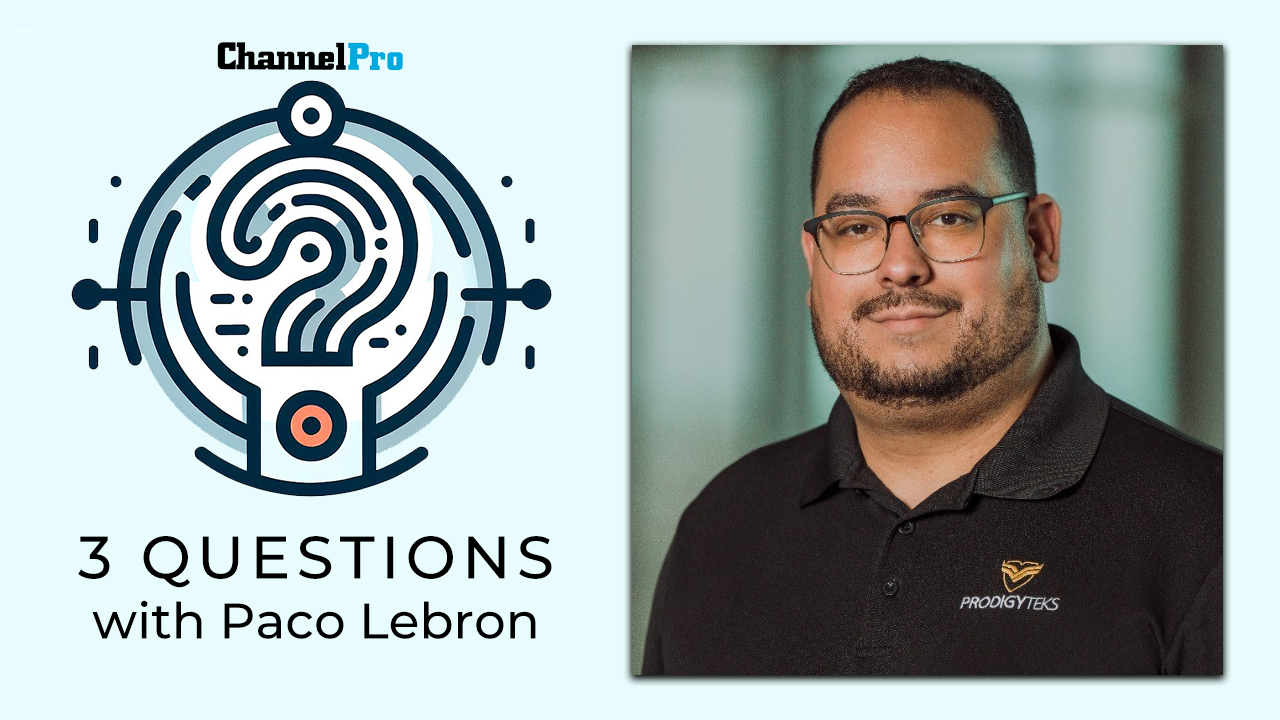Cybersecurity education company Infosec is continuing its efforts to help solve both the skills gap and a lack of diversity in the security field through the Infosec Accelerate Scholarship program, which it launched in 2018. Earlier this month, Infosec announced the 13 winners for 2021, who were chosen in the following five categories: Women, BIPOC (Black, Indigenous, People of Color), Military and Veteran, LGBTQI+, and Undergraduate. The winners receive lifetime access to Infosec’s technical skill development platform Infosec Skills, which includes over 1,200 resources to help recipients launch and advance their cybersecurity careers. Scholarship recipients will also receive complimentary access to the Infosec Inspire User Conference in October, where they will be recognized.
The idea for the scholarship was the culmination of internal conversations on the skills gap, gender pay inequality, and how to bring more underrepresented groups into cybersecurity, recounts Megan Sawle, who joined as vice president of research and marketing at Infosec in 2017. She says the thought was, “”We’re an education company, we can help solve this, right? Let’s take down some of these barriers to entry for some people and provide them some guidance or maybe a little extra support for those who might not able to acquire it on their own.””
Lack of cybersecurity talent “”is a really big problem that’s facing everyone that we do business with,”” she notes. “”Any open cyber role is like a business risk. That means something’s not getting done that needs to get done. So from our perspective, it was a way to expand what we’re already doing for our clients and also kind of help them solve the skills gap challenge at the same time.”” She calls it a nice intersection of Infosec’s offerings and a way to give back.
The scholarship program is part of Infosec Gives, the company’s corporate social responsibility initiative. Sawle says Infosec expanded the scholarship program this year with the addition of the LGBTQI+ category. The impetus came from one of Infosec’s employee resource groups, Out at Infosec.
To qualify for the scholarship, applicants must be 18 or older, a U.S. resident, and identify with one of the category groups, Sawle explained. The application “”asks them to tell us their story. Why do you want to be in cybersecurity? What sort of qualifies you uniquely for the scholarship? We like to keep it open because what’s so important about cybersecurity is really that human element, and we’ve found that people who are successful in these careers are really extremely passionate about [it].”” That passion, she says, doesn’t necessarily coincide with a traditional education, academic success, or your GPA.
The only exception is the Undergraduate award category, which requires a GPA of 3.0 or higher. For someone enrolled in a college program who is planning a career in cybersecurity, “”certifications can be a really big advantage,”” she says. Access to the Infosec Skills platform “”gives them a lot of opportunity to study and prepare for whatever that next certification may be.””
Since Infosec is vendor neutral, the skills platform includes certification content and practice exams for a variety of organizations, including CompTIA and ISC2. The platform also includes the newly released Infosec Skills cyber range, where cyberprofessionals can learn to defend against MITRE ATT&CK Matrix for Enterprise tactics and techniques, perform penetration tests, and write secure code hands-on. Labs inside the cyber ranges guide learners through realistic scenarios inside the operating environments they’d encounter on the job—with learning objectives and actionable lessons.
Recipients can also access community members through the platform, as well as Infosec webinars. “”Our goal is to put enough resources in front of them that if they have that drive and they have that plan, that they’re well equipped to execute on it,”” Sawle says. “”It is something that we look for in the application process. We want people who are self-starters, super passionate, driven, and have identified that [they] want to be a cybersecurity professional. That’s really what we’re looking for.””
Bringing diverse talent into cybersecurity not only widens the talent pool but makes it stronger and more innovative because it mirrors the community, says Sawle, who adds that “”one of the best ways to get people to enter is to see themselves represented. And so this is one of those initiatives to make sure that someone, regardless of where they come from or what their background is, can see themselves as a future cybersecurity professional.””
Have a paying-it-forward or not-for-profit story to share? Email me at colleen@channelpronetwork.com.















